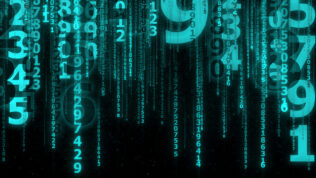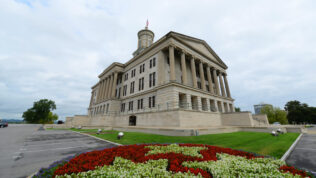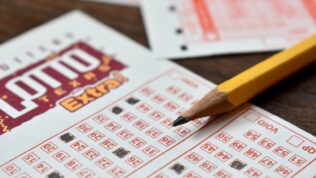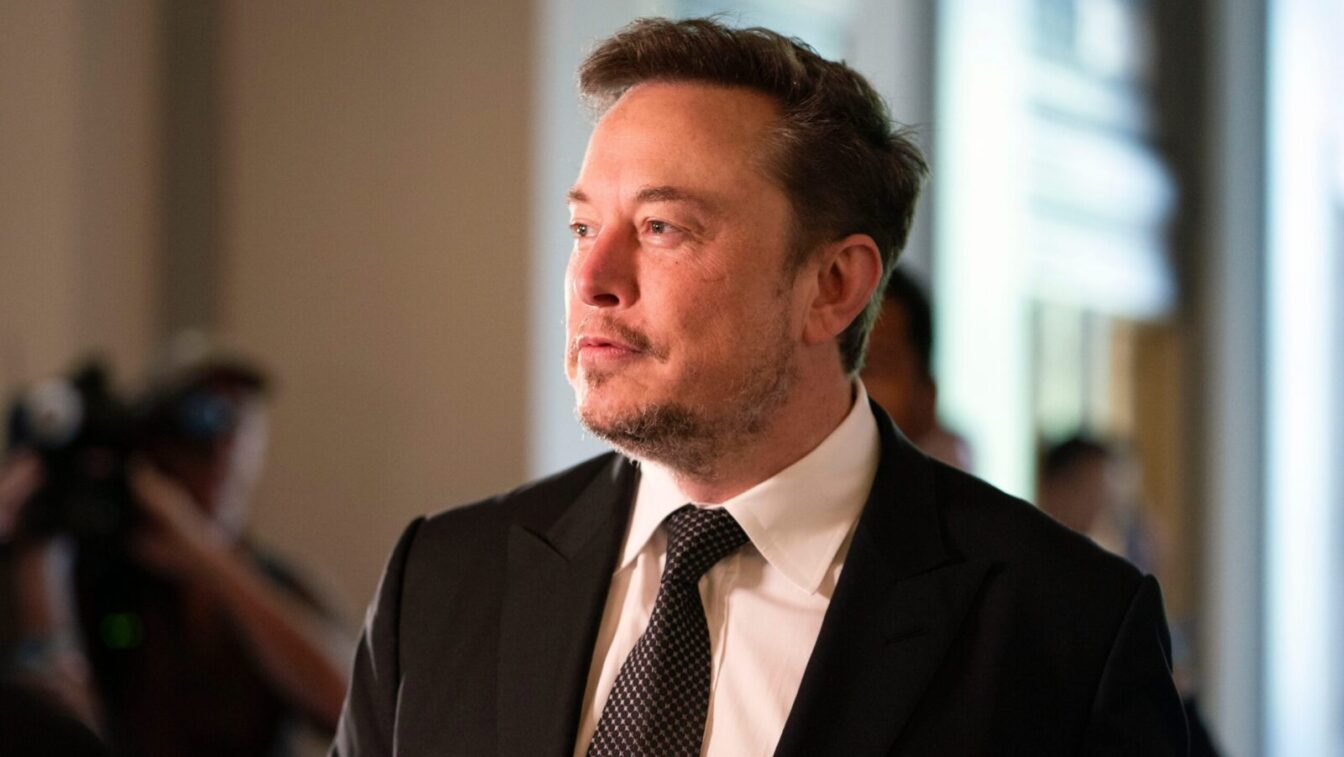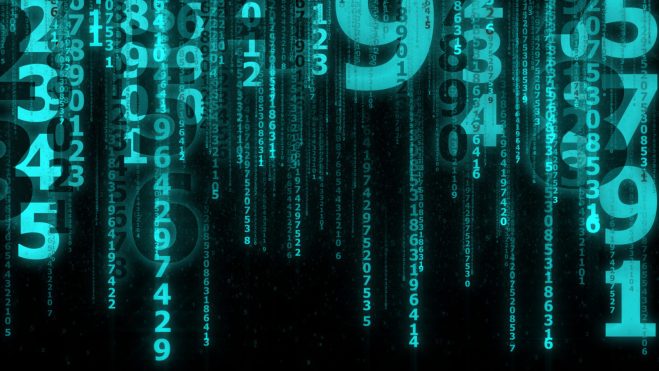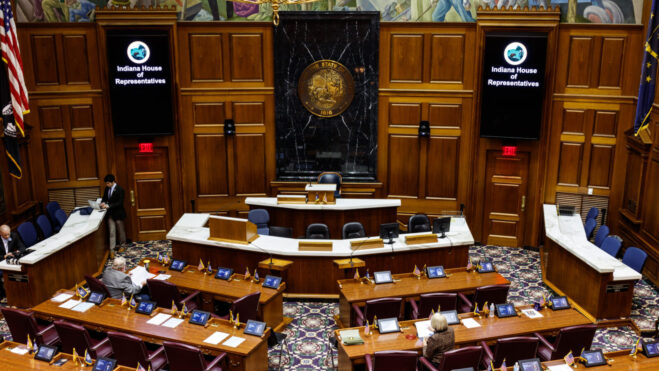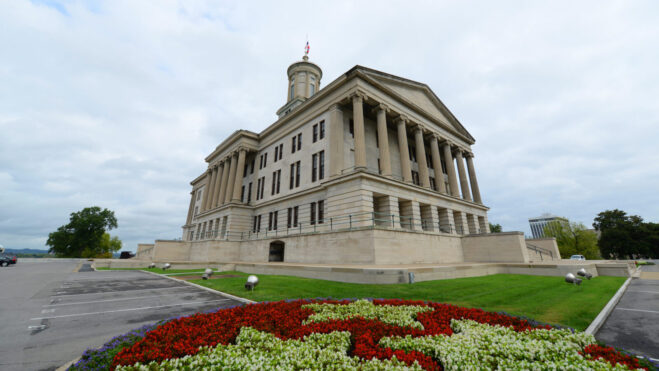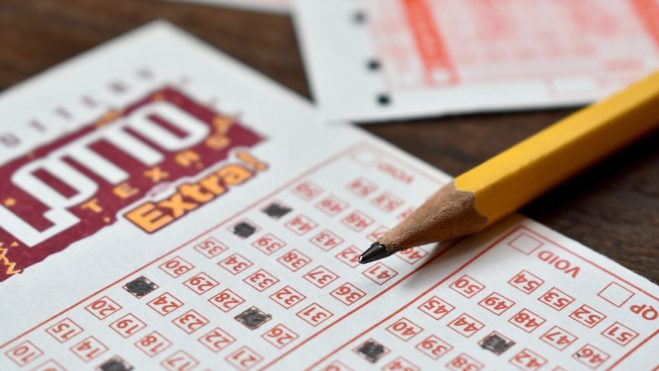Musk’s $1 Million Voter Sweepstakes Not A Matter Of Luck After All, Legal Team Claims
On eve of election, billionaire’s lawyers argue that the winners were never selected randomly
2 min
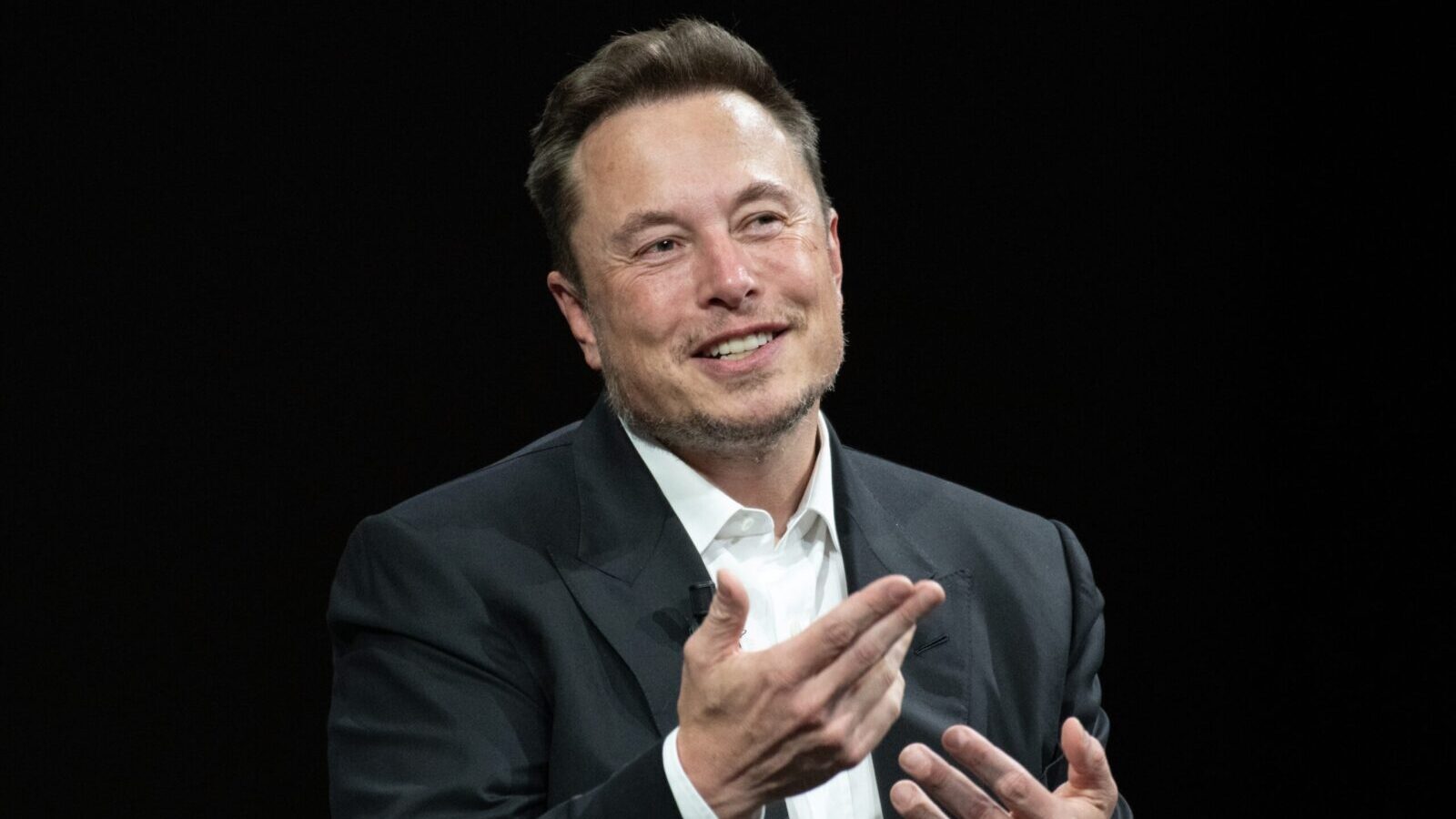
[Update: Pennsylvania Common Pleas Court Judge Angelo Foglietta ruled late in the afternoon Monday that Elon Musk’s “sweepstakes” can proceed. The judge didn’t explain his decision.]
In a Philadelphia courtroom Monday, a lawyer for Elon Musk’s political action committee disclosed that winners in Musk’s controversial $1 million-a-day voter sweepstakes are not selected at random. Instead, Chris Gober, the lawyer representing America PAC, said they are handpicked by the organization to serve as spokespeople — a detail that sparked renewed scrutiny over the legality of the “lottery” operation.
Gober clarified in court just one day before the presidential election that these $1 million recipients are carefully chosen based on their individual backgrounds and stories. According to Gober, these winners sign a contract with the PAC, effectively becoming paid representatives for Musk’s group. He emphasized, “The $1 million recipients are not chosen by chance. We know exactly who will be announced as the $1 million recipient today and tomorrow.”
The initiative, promoted as a lottery open only to registered voters in seven key swing states — Arizona, Georgia, Michigan, Nevada, North Carolina, Pennsylvania, and Wisconsin — has faced allegations of voter manipulation. Critics argue that the sweepstakes may act as an illegal attempt to influence voter behavior in favor of the Republican candidate, Donald Trump.
A ‘scam’ operation
Philadelphia District Attorney Larry Krasner took the stand Monday to argue against Musk’s giveaways, which he described as a “scam.” Krasner urged Judge Angelo Foglietta to halt the operation immediately, citing concerns that the contest was a misuse of personal information for political gains.
The sweepstakes’ rules, which remain unpublished according to Krasner, require participants to sign an oath to uphold the U.S. Constitution when entering. Krasner voiced concerns that the lack of transparency around how America PAC uses this collected data could lead to misuse. He alleged that the PAC has no stated privacy policies governing this information, effectively leaving voters’ data vulnerable to “almost unlimited use.”
Krasner further argued that this data collection amounted to a breach of Pennsylvania law, pointing out that the state requires specific guidelines for the operation of lotteries and prize giveaways. America PAC’s operation, he suggested, sidesteps these legal requirements, and he vowed to pursue significant financial penalties against Musk and the PAC.
However, he clarified that he would not attempt to reclaim the money already awarded to the initial winners. Instead, he stated, “I’ll be seeking a lot more money than that for what Elon Musk and America PAC have done.”
$18 million already awarded
Musk’s effort has so far awarded $1 million each to 18 recipients, according to Krasner’s statement in court, with prizes continuing until Tuesday, Election Day. Gober assured the court that the selection of winners in the final days — participants from Arizona and Michigan — was strategically planned to avoid impacting the Pennsylvania vote. Gober and his legal team reiterated that the PAC does not intend to extend the sweepstakes beyond Tuesday.
The hearing also featured testimony from John Summers, one of Krasner’s attorneys, who characterized Musk as the “heartbeat of America PAC.” Summers presented video evidence of Musk publicly promoting the initiative at an Oct. 19 Trump rally, where Musk told attendees that the PAC would “randomly” select daily winners from those who signed the petition. Yet, Summers questioned the transparency of the award process and pointed out the lack of traditional, bank-issued checks, suggesting that the awards were ceremonial rather than financial.
Summers’ presentation depicted Musk onstage with oversized cardboard checks, allegedly presented to winners of the contest. According to Summers, the optics of the supposed sweepstakes, combined with Musk’s visibility in announcing winners, fostered an illusion of legitimacy that obscured the operation’s true nature.
Judge Foglietta, of the Philadelphia Common Pleas Court, is presiding over the case, which had initially been filed in state court. Musk and America PAC had unsuccessfully sought to have the case transferred to federal court, resulting in Monday proceedings at Philadelphia City Hall.

